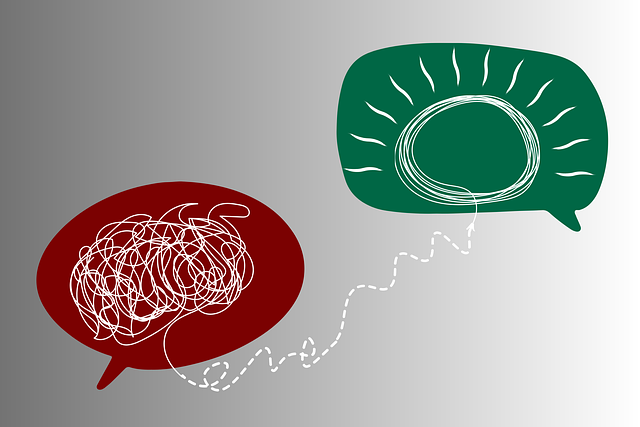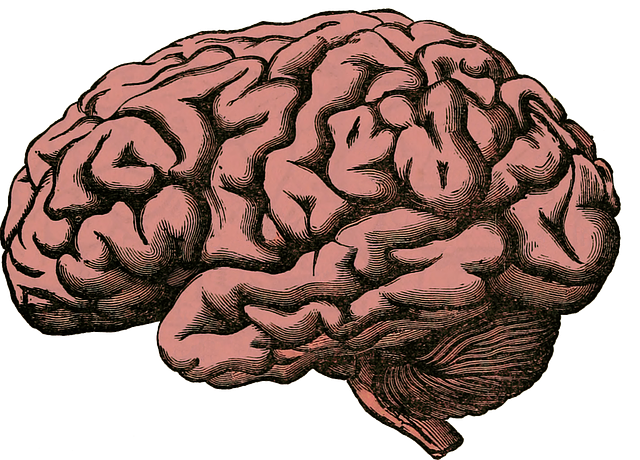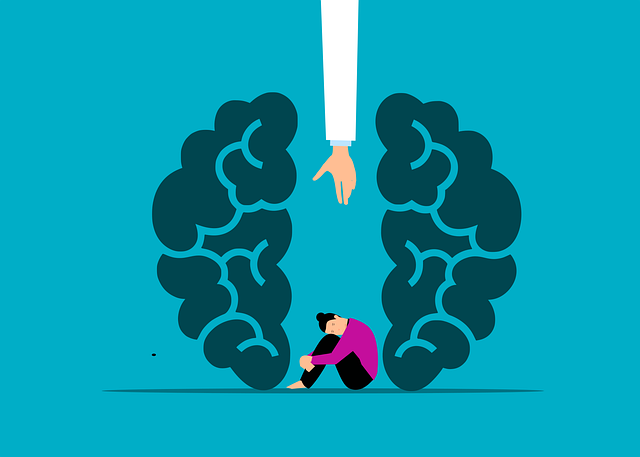Healthcare provider burnout, driven by factors like high workload and emotional demands, negatively impacts well-being and organizational performance. Mitigation strategies include self-care routines, support programs, and community outreach. Early recognition of burnout signs is crucial for prevention. Therapy for ADD/ADHD evaluations, along with Mental Health Education and Cultural Competency Training, enhances job satisfaction and fosters a supportive work environment. Tailored interventions like these evaluations, coupled with mental health-nurturing activities and trauma support services, are essential for effective self-care in high-stress environments, ultimately improving patient care.
Healthcare provider burnout is a growing concern, with high stress levels leading to decreased patient care and increased absenteeism. This article explores comprehensive strategies to prevent burnout among healthcare workers. We delve into the root causes and significant impacts, recognizing signs of professional exhaustion. Employers are guided on creating supportive work environments, while healthcare workers discover effective self-care practices. Additionally, we discuss integrating therapy for ADD/ADHD as a novel approach to burnout prevention, emphasizing the importance of evaluations in this unique context.
- Understanding Burnout Among Healthcare Providers: Causes and Impact
- Recognizing the Signs of Professional Exhaustion
- Creating a Supportive Work Environment: Strategies for Employers
- Effective Self-Care Practices for Healthcare Workers
- Integrating Therapy for ADD/ADHD: A Unique Approach to Prevention
Understanding Burnout Among Healthcare Providers: Causes and Impact

Healthcare provider burnout is a growing concern within the industry, impacting not only individual well-being but also patient care and organizational performance. Burnout occurs when healthcare professionals experience prolonged periods of stress, leading to emotional exhaustion, depersonalization, and reduced personal accomplishment. It’s essential to recognize that this issue stems from various factors.
High workload, long working hours, emotional demands, and a constant need for focus and alertness, especially among those involved in therapy for ADD-ADHD evaluations, can contribute significantly. The pressure to deliver quality care while managing administrative tasks may leave providers feeling overwhelmed. Consequently, burnout can result in decreased job satisfaction, reduced productivity, and even adverse patient outcomes. Implementing strategies such as developing a self-care routine for better mental health, boosting confidence through support programs, and establishing community outreach initiatives can help mitigate these effects.
Recognizing the Signs of Professional Exhaustion

Burnout is a significant concern within healthcare, and recognizing the signs early is crucial for prevention. Professional exhaustion often manifests as a combination of emotional, physical, and mental symptoms. Healthcare providers may experience increased irritability, feelings of detachment from work, reduced motivation, and changes in sleep patterns. They might also struggle with concentration, decision-making, and an overall sense of cynicism towards their patients or colleagues. These signs can be further exacerbated by factors such as long working hours, high workload, and a lack of support systems.
Addressing burnout requires a multi-faceted approach. Therapy for ADD/ADHD evaluations can play a role in identifying and managing underlying conditions that contribute to exhaustion. Additionally, implementing effective communication strategies and Mental Health Education Programs Design can promote self-care awareness and resilience among healthcare providers. Moreover, Healthcare Provider Cultural Competency Training has been shown to enhance job satisfaction by fostering an inclusive work environment, which is essential for preventing professional burnout.
Creating a Supportive Work Environment: Strategies for Employers

Creating a supportive work environment is a multifaceted strategy for healthcare provider burnout prevention. Employers play a pivotal role in fostering a culture that prioritizes well-being and promotes a healthy work-life balance. One effective approach involves implementing regular therapy for ADD-ADHD evaluations, addressing not just diagnosable conditions but also subtle signs of strain. This proactive measure ensures that providers receive the necessary support to manage their mental health effectively.
Additionally, encouraging compassion cultivation practices and promoting positive thinking can significantly enhance job satisfaction. Employers can organize workshops or training sessions focused on depression prevention techniques and stress management skills. By creating an atmosphere where open communication is encouraged and employees feel valued, healthcare organizations can mitigate burnout risk, improve provider retention, and ultimately enhance patient care.
Effective Self-Care Practices for Healthcare Workers

Healthcare workers often face high-stress environments, making effective self-care practices crucial for burnout prevention. Beyond basic rest and relaxation, professionals in this field can benefit from tailored interventions like therapy for ADD-ADHD evaluations to enhance focus and productivity while managing symptoms of stress and anxiety. Incorporating activities that nurture mental health is essential. This might include regular exercise, mindfulness meditation, or engaging in hobbies outside of work.
Additionally, trauma support services and stress management techniques are vital tools. Encouraging open communication, fostering positive thinking, and creating safe spaces for emotional expression can mitigate the impact of traumatic events witnessed on the job. By prioritizing self-care, healthcare workers can maintain resilience, improve patient outcomes, and enhance their overall well-being.
Integrating Therapy for ADD/ADHD: A Unique Approach to Prevention

In recent years, there has been a growing recognition that integrating Therapy for ADD/ADHD evaluations into healthcare provider wellness programs can significantly prevent burnout. This unique approach targets a specific yet often overlooked aspect of mental health—attention-deficit/hyperactivity disorder (ADD/ADHD). Healthcare providers, like anyone else, may struggle with self-Awareness Exercises and Stress Management due to the demanding nature of their work. If left unaddressed, these challenges can escalate, leading to professional burnout.
Therapy for ADD/ADHD evaluations provides tools tailored to help healthcare professionals manage their time, priorities, and emotional responses more effectively. By incorporating cultural sensitivity in mental healthcare practice, therapists can create safe spaces where providers can discuss their experiences, learn coping strategies, and develop personalized plans to enhance resilience against stress. This proactive measure not only benefits individual healthcare providers but also positively impacts patient care by ensuring that practitioners are at their best, thereby fostering a more holistic and effective healthcare environment.
Healthcare provider burnout is a growing concern, but by implementing targeted strategies, both employers and employees can create a more sustainable work environment. Understanding the causes and impacts of burnout, recognizing early signs, fostering supportive workplaces, adopting effective self-care practices, and exploring innovative approaches like therapy for ADD/ADHD evaluations can significantly mitigate these issues. Through collaborative efforts, the healthcare industry can enhance well-being and improve patient care outcomes.








